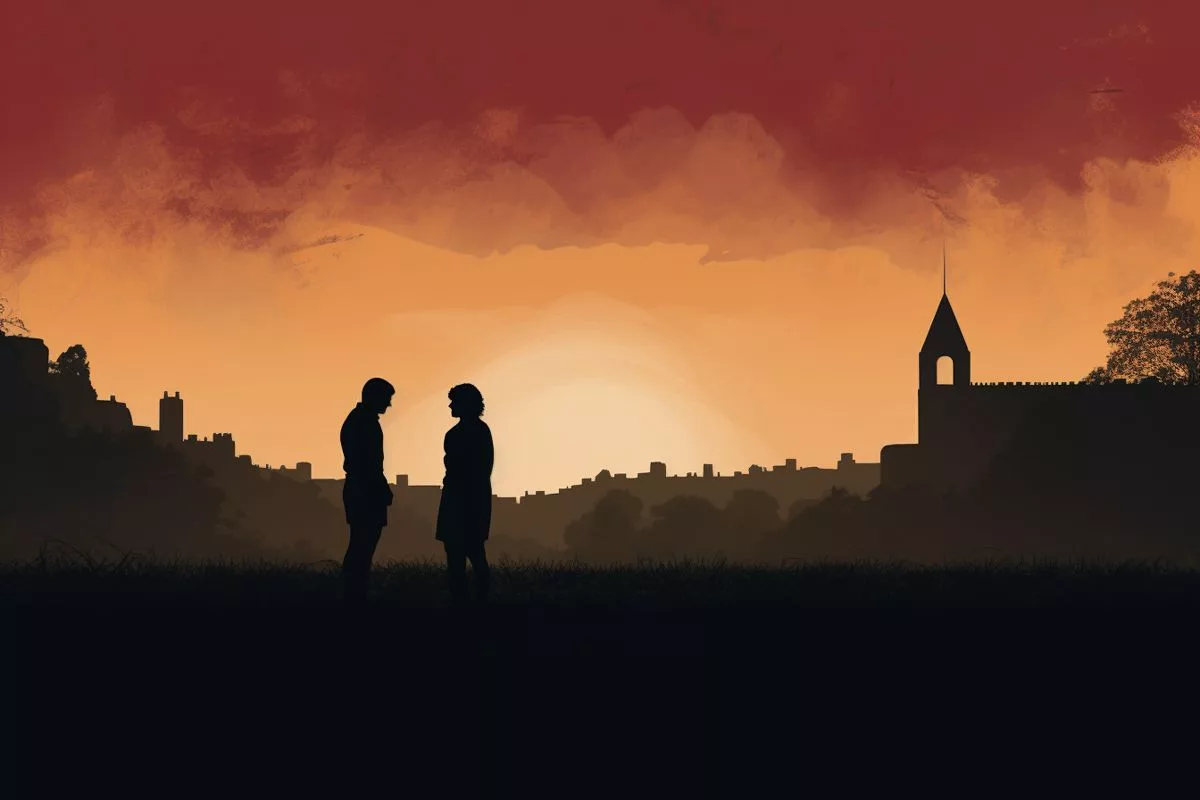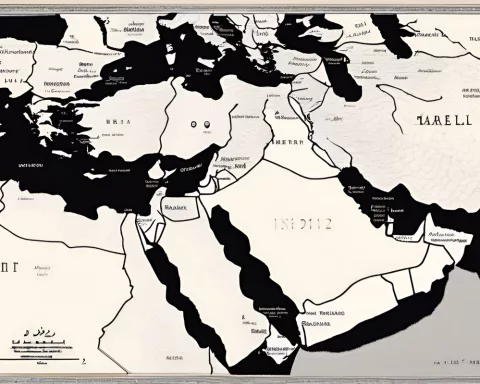In 2003, England won the Rugby World Cup and it changed the country. The victory brought attention to grassroots sports and gave the players a lot of recognition. The only English player to score in the final, Jason Robinson, never watched the full game. Even after twenty years, the legacy of the win is still remembered and celebrated, especially by fans who have fond memories of the game.
Recalling Jason Robinson and the 2003 Rugby World Cup Triumph
Jason Robinson, the only English player to ever score in a Rugby World Cup final, reveals that he has never watched the entire game. The 2003 victory had a significant impact on British society, increasing attention towards grassroots sports and changing the lives of the players. Even after two decades, Robinson remains a symbol of that exhilarating victory for many, reaffirming its lasting legacy.
The Historic Win
Two decades ago, English rugby celebrated a momentous achievement. It was the year 2003, and amidst the thunderous clapping and euphoric roars of the crowd, the English rugby team, led by the stalwart, Jason Robinson, seized the World Cup. This year marks the twentieth anniversary of this historic win, a victory that redefined rugby globally and left an indelible imprint on the history of English sports.
However, as we bask in the memories of this grand event, Robinson, the only English player to ever score in a Rugby World Cup final, has made a startling revelation. Despite playing a pivotal role in securing the final win, Robinson confesses that he has never watched the entire game. He said to PA news agency, “I’ve always seen the snippets of me sliding in, Jonny’s kick, and Johnno (Martin Johnson) lifting the trophy at events, but I’ve never watched the full match.”
This revelation offers a fascinating glimpse into the mindset of an athlete. Robinson’s approach to the sport was resolutely forward-focused. He was always looking ahead to the “next game”, an attitude which likely allowed him to avoid emotional attachment to a specific match. This unique outlook is now being tested by his eight-year-old’s interest in the legendary final, nudging Robinson to consider viewing the game in its entirety.
The Far-Reaching Impact
The significance of the 2003 World Cup victory swept beyond the rugby field, permeating British society and changing the lives of the players, especially Robinson. The victory had profound ripple effects, increasing attention towards grassroots sports and accelerating recognition for the players. Reflecting on the aftermath of the victory, Robinson remembers with astonishment the visits to Downing Street and Buckingham Palace, and the waived restaurant bills, highlighting the societal impact of their win.
The win catapulted the English team into the limelight, leading to an unprecedented exposure in the history of English rugby. The victory served as a catalyst, skyrocketing rugby’s popularity, and offering the players a myriad of opportunities. Despite the personal accolades and societal recognition, Robinson believes the most significant legacy of the victory has been its enduring impact on the fans.
The Lasting Legacy
Even after two decades, Robinson remains a symbol of that exhilarating victory for many. Conversations with fans often revolve around their memories of the 2003 final, emphasizing the enduring impression the win left on individuals and the sport. These collective memories not only demonstrate the unifying power of sports, but also reaffirm the lasting legacy of the 2003 Rugby World Cup victory.
As we commemorate the twentieth anniversary of this historic win, Robinson’s story serves as a reminder of the transformative power of sport. His unseen victory, etched in the collective memory of fans, stands as a tribute to rugby’s invincible spirit and the profound impact of the 2003 victory. The saga of Jason Robinson and the 2003 Rugby World Cup continues to inspire and captivate, even twenty years later.
1. Who won the Rugby World Cup in 2003?
England won the Rugby World Cup in 2003, which had a significant impact on British society.
2. Who was the only English player to score in the final?
Jason Robinson was the only English player to ever score in a Rugby World Cup final.
3. Has Jason Robinson watched the full game of the 2003 Rugby World Cup final?
Jason Robinson has never watched the entire game of the 2003 Rugby World Cup final, despite playing a pivotal role in securing the win.
4. What impact did the 2003 Rugby World Cup victory have on British society?
The 2003 Rugby World Cup victory had a profound impact on British society, increasing attention towards grassroots sports and changing the lives of the players.
5. What is the lasting legacy of the 2003 Rugby World Cup victory?
The lasting legacy of the 2003 Rugby World Cup victory is its enduring impact on the fans, who continue to remember and celebrate the win even after two decades.
6. What does Jason Robinson’s story serve as a reminder of?
Jason Robinson’s story serves as a reminder of the transformative power of sport, and how sports victories can leave an indelible imprint on history and society.












